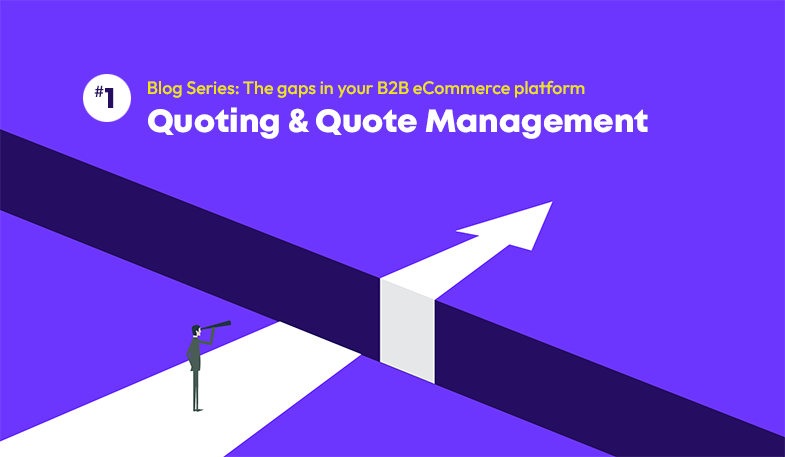Multibrand: Key Questions When Moving Your Different Brands Online

By Kyle Fitzsimmons, Marketing Content Manager for Ultra Commerce
As business requirements evolve, so too does the need to host multiple enterprises or brands online in one central location. The benefits are many, including financially as your company will only have to pay for a single platform license as opposed to several different platforms, specializing in specific modules or acts i.e. CMS or OMS.
A streamlined technology from a commercial standpoint helps your business face the public with a unified look and feel, ensuring no issues arise from different platforms integrating properly.
Providing the same look and feel for buyers no matter if they are consumers or other businesses is also essential in nailing the customer experience from search to cart to checkout to order fulfillment and delivery – an important but oft overlooked byproduct to selling online under a single eCommerce platform.
This strategy may seem like a no brainer but many businesses, especially those with their origins in B2B vs. B2C or D2C, inherently may not be as advanced digitally (at least compared to their more consumer-focused peers) and may not even know where to begin or what questions to ask about moving their multiple brands or business units online onto one central portal or platform.
So, what questions should you ask yourself as a business looking to integrate its different brands online?
- What will it take to get buy-in from internal stakeholders? Assemble your pieces internally, before looking externally for a solution to address your multi-branding endeavors. What will the internal team make-up look like in overseeing then managing this monumental shift in how you interact with your customers and do business?
- What are the core differences/similarities between your brands? What are the buyer personas or customer demographics particular to each brand or segment of your business? What are the product differences/similarities? These distinctions will be important when establishing the infrastructure of your online business.
- What is the forecast for your business in 5, 10 years and beyond? The most successful businesses can simultaneously live and thrive in the moment yet also have a strong forecast or projection for years down the line in terms of new technologies and product offerings. Take this into account when choosing the right platform to host your brands.
- What does your tech stack across the business look like? Ultimately the tech stack across your organization she be pliable and have the ability to grow with your operations as they grow. The right technology partner will make upgrading to new versions seamless for years to come.
Enterprise marketplace + multibrand
The right digital commerce solution is flexible enough to meet your brands needs both now and in the future, supporting new product launches and making it easy to configure and re-configure existing products and offerings.
The right digital commerce solution will also provide a distinct look and feel for each brand of your business online, while on the back end providing internal team members with a cohesive, unified and easy to use platform. Are you ready to learn more?
We want to hear about your challenges around moving your brands online. Want to chat? Drop us a line.
Resource Center

A new blog series about the critical eCommerce capabilities missing in most eCommerce platforms for B2B companies. #1: Quoting & Sales Support

A closer look from the Ultra perspective on what we really mean when we talk about headless commerce and why it may not be right for every company.

Davis Art is now the only online K-12 publisher dedicated to the arts, creating top-notch curriculum and resources for art educators nationwide, all from the Ultra Commerce platform.
